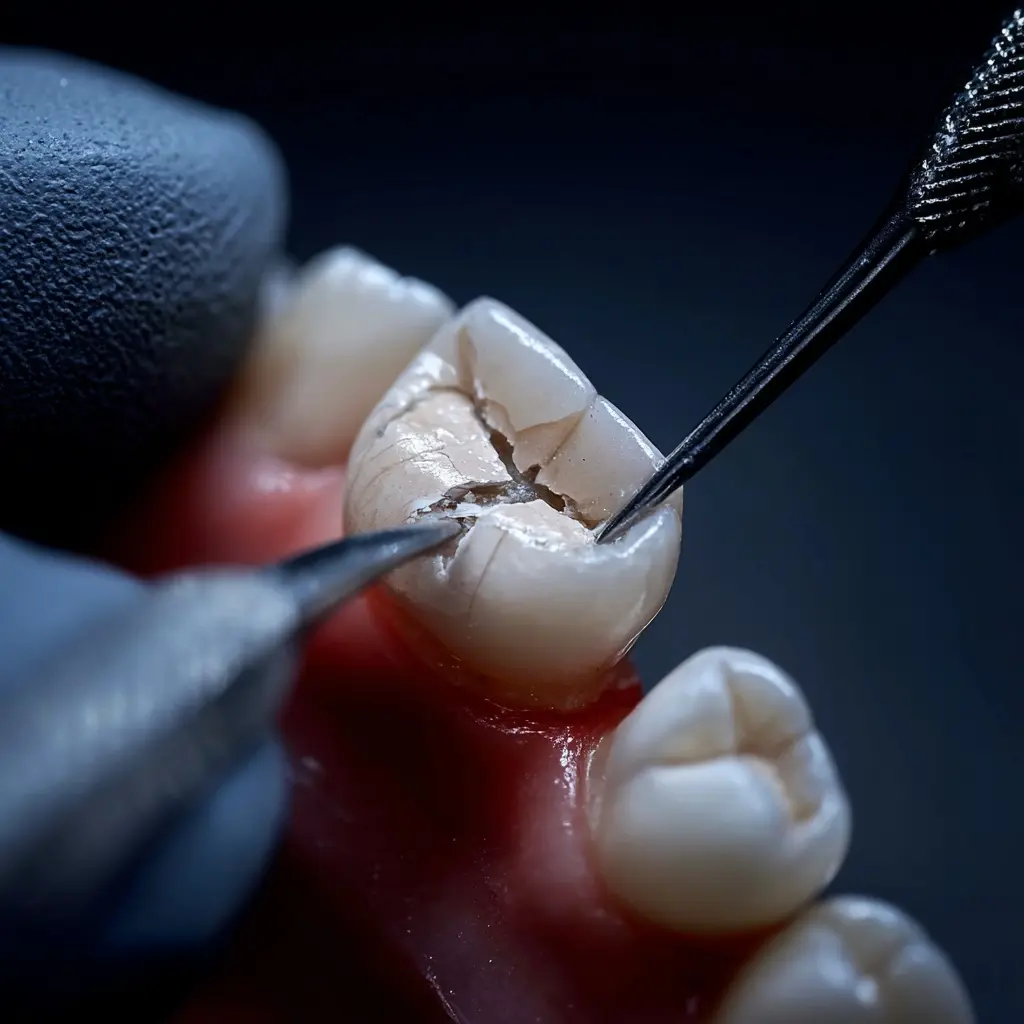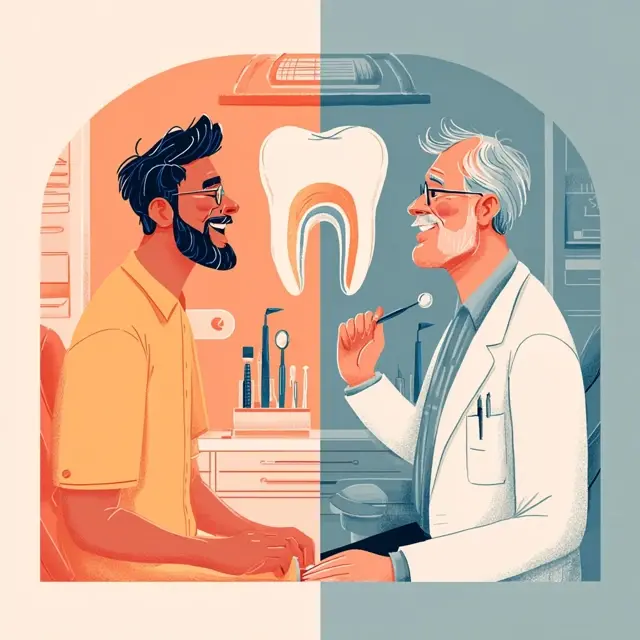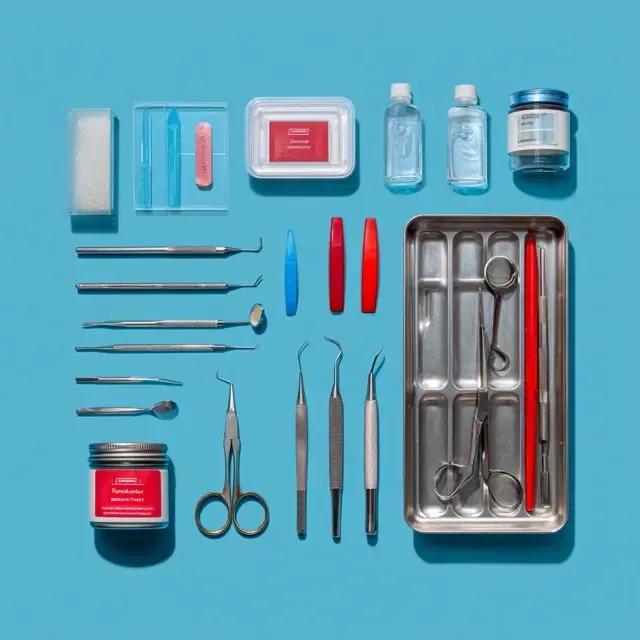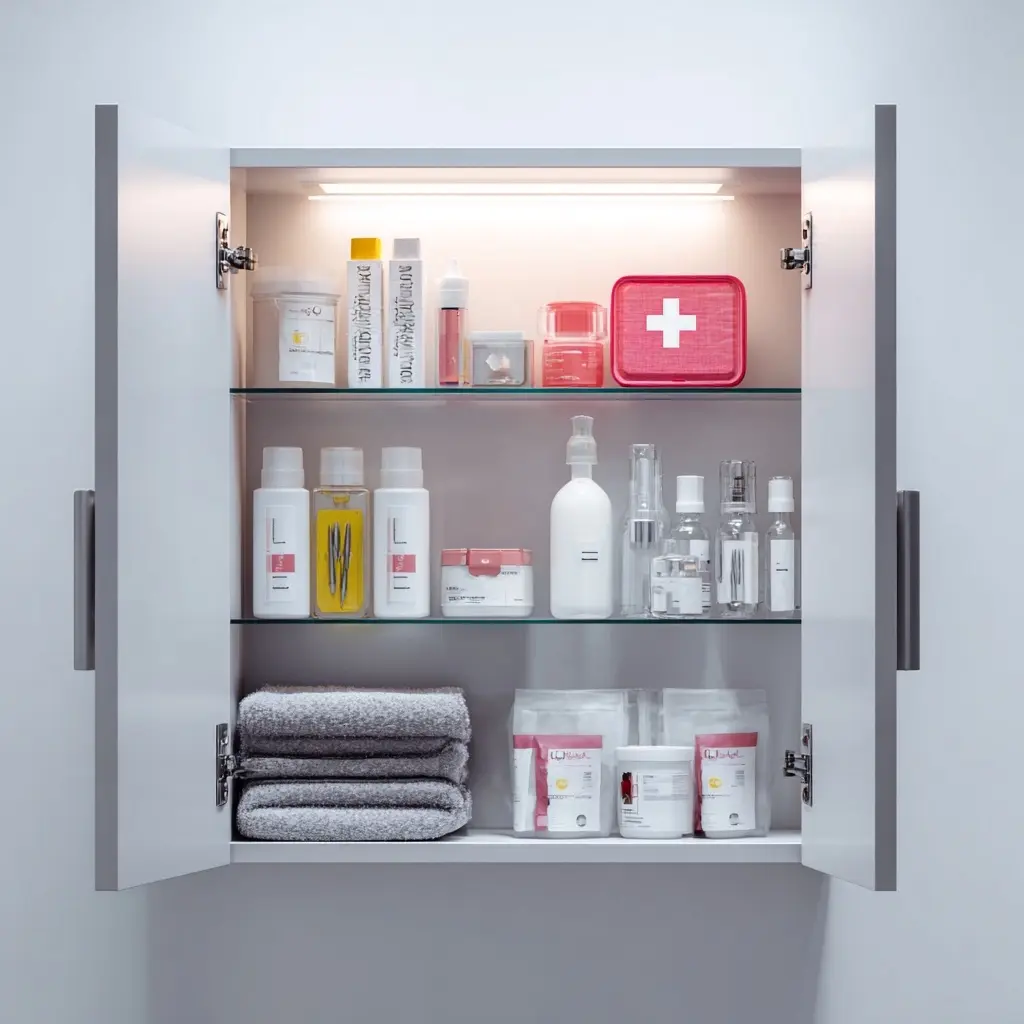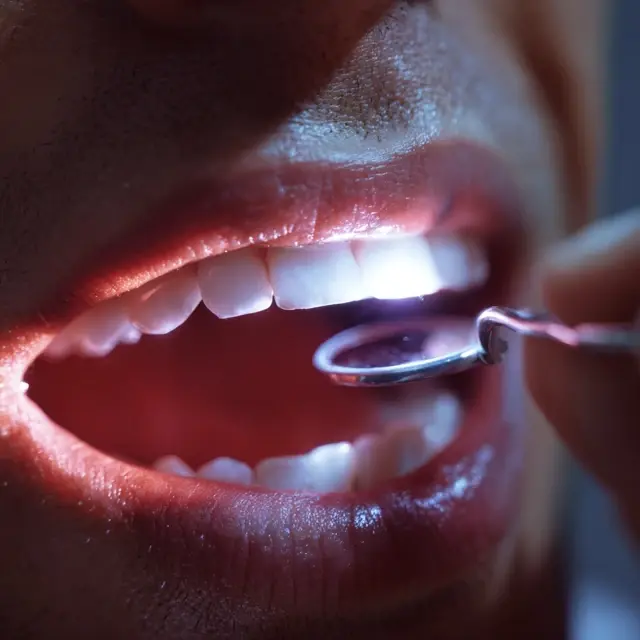What to Do if You Chip a Tooth: Tooth Repair Kit Guide
A chipped tooth can happen in seconds—from biting into hard candy to an accidental fall. While it may not always be painful, it often leaves sharp edges that can cut your tongue or cause sensitivity. Fortunately, a tooth repair kit can help you manage the situation quickly until a dentist is available. This guide walks you through the essential steps to protect your smile after a chipped tooth.
First Steps After Chipping a Tooth
Before reaching for a repair kit, take these immediate actions:
- Rinse your mouth: Use warm water to clean away debris and reduce infection risk.
- Save the fragment if possible: If a piece of the tooth breaks off, store it in milk or saline for potential dental restoration.
- Control bleeding: If gums are affected, apply gentle pressure with clean gauze.
- Relieve pain: Over-the-counter pain relievers or a cold compress on the cheek can reduce discomfort.
How a Tooth Repair Kit Helps
A tooth repair kit provides temporary coverage for the damaged tooth. Its main benefits include:
- Smoothing rough or sharp edges to prevent cuts
- Reducing tooth sensitivity to hot and cold
- Shielding exposed areas from bacteria and debris
- Improving comfort while speaking and eating
Using a Tooth Repair Kit for a Chipped Tooth
1. Clean the Area
Gently brush around the tooth if possible, avoiding direct pressure on the chip. Rinse thoroughly with warm water.
2. Prepare the Material
Open the kit and prepare the temporary cement or putty. Follow the instructions exactly—some materials may require kneading or mixing.
3. Apply the Material
Use the provided applicator to carefully cover the chipped area. Focus on smoothing sharp edges and sealing small gaps.
4. Let It Set
Allow the material to harden before eating or drinking. Avoid chewing directly on the treated tooth.
Do’s and Don’ts for Chipped Tooth Care
- Do: Stick to soft foods after applying the kit.
- Do: Schedule a dental appointment as soon as possible.
- Don’t: Use the kit as a long-term solution.
- Don’t: Ignore signs of infection such as swelling or pus.
When Professional Care Is Urgent
Not all chips are minor. Seek immediate dental attention if you notice:
- Severe or persistent pain
- A deep fracture exposing inner tooth layers
- Excessive bleeding that won’t stop
- Signs of infection including fever or swelling
Related Reading
Conclusion
A tooth repair kit is a reliable tool for managing chipped teeth in the short term. By following the right steps—cleaning, applying, and protecting—you can stay comfortable and safe until your dentist provides a permanent solution.
